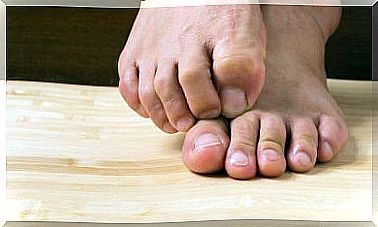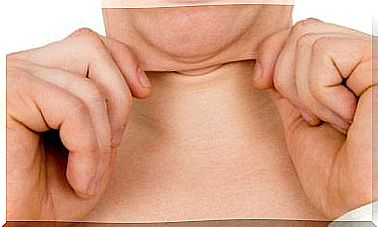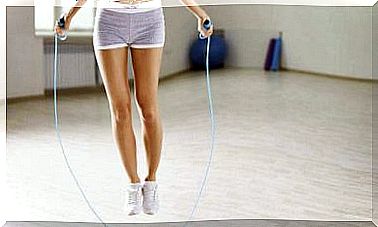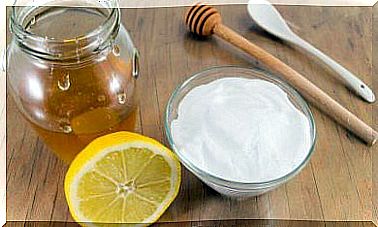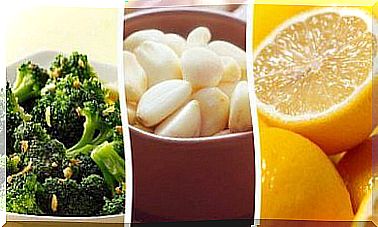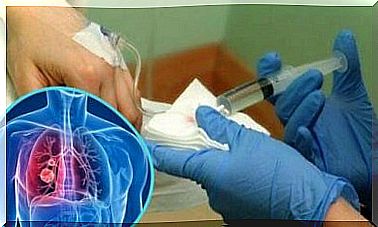Effective Tips To Reduce Hypercholesterolemia
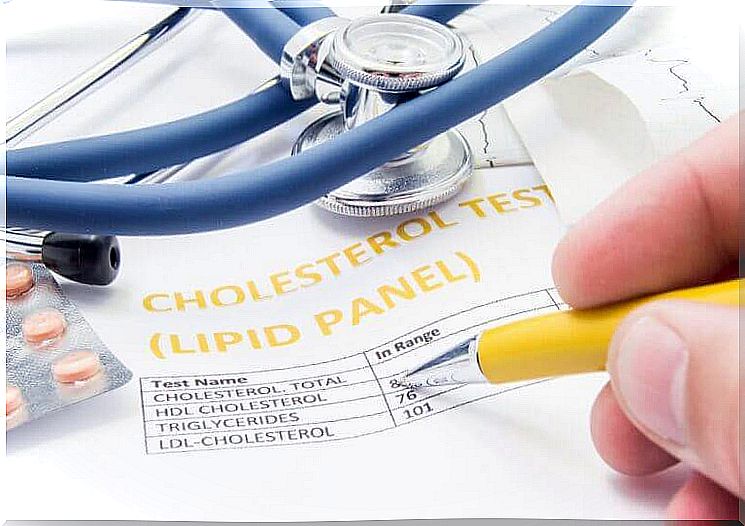
Hypercholesterolemia is the medical term used to denote excessive levels of cholesterol. It is currently one of the most common ailments.
Unfortunately, the result of hypercholesterolemia can be fatal over time as it causes serious cardiovascular problems. That is why it is important to fight hypercholesterolemia.
In part, susceptibility to hypercholesterolemia depends on genetic factors. In most cases, hypercholesterolemia is caused by:
- a bad diet
- lack of exercise
Keeping in mind the hypercholesterolaemia problems that people often have today, we want to give you the measures you can take with your diet to reduce hypercholesterolemia.
The tips we will discuss in this article are also very suitable if you currently have a poor diet.
What you need to know about cholesterol
In general terms, cholesterol is a molecular fat necessary for life. It is found in the blood and cells of animals and humans. Our body needs it for the production of:
- hormones
- bile acids
- vitamin D
- cell walls
- other fabrics
However, an increase in these levels in the blood can be dangerous for physical health. This is because it can build up in the blood vessels, impeding circulation. This can eventually result in other conditions such as, for example, arterial hypertension.
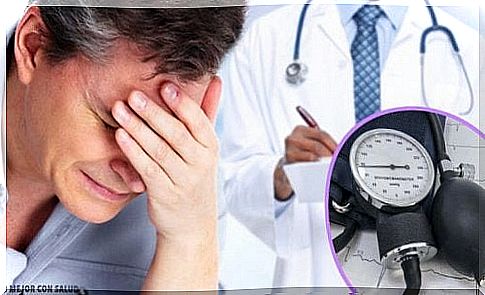
In addition, the accumulation of cholesterol can completely clog a vein, so that the back area no longer receives blood. That can lead to the cellular death of tissues.
Such a plug of cholesterol that has formed on the vessel wall can also come loose. If such a plug ends up in a smaller blood vessel, it can cause an obstruction. Well-known examples of such a blockage are:
- pulmonary embolism
- thrombosis
- cerebral infarction
In this article we take a closer look at what cholesterol is and how we can reduce hypercholesterolemia.
Types of Cholesterol
Being a molecular fat, cholesterol cannot move freely in the blood, which is liquid. Compare it to oil that you pour into a glass of water. They are 2 separate liquids.
To get around this problem, the body uses a tool. This is an element called a lipoprotein. Depending on the type of lipoprotein, it speaks of good or bad cholesterol.
- Low-density lipoproteins (LDL) are responsible for transporting cholesterol through the blood to the tissues.
- High-density lipoproteins (HDL) are responsible for getting rid of the cholesterol that is in the bloodstream by carrying it to the liver. This organ then ensures that the excess cholesterol is removed.
We need to reduce the low-density lipoprotein, LDL, because it can clog the arteries. This is why it is commonly known as the “bad” cholesterol.
On the other hand, high-density lipoprotein is considered “good” because it clears out excess cholesterol. That is why this lipoprotein is necessary and desirable.
Foods rich in cholesterol
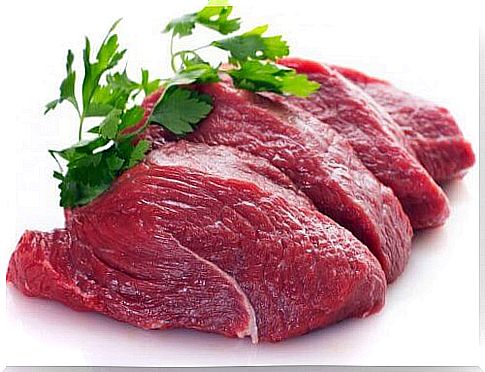
A balanced diet is the way to prevent or reduce hypercholesterolemia. To do this, we need to know which foods contain cholesterol and which do not.
Some foods naturally contain (a lot of) cholesterol. Products with a lot of saturated fat should also be limited. The body can make cholesterol from this type of fat.
To prevent or reduce hypercholesterolemia, it is recommended to avoid the following products as much as possible:
- red meat and cold cuts
- cockles, mussels, shellfish and lobster
- egg yolks
- full-fat milk, full-fat yogurt, full-fat cheeses and cream
- butter and lard
Nutrients that help lower cholesterol
Fortunately, there are nutrients you can eat to prevent and reduce hypercholesterolemia. The most important of these are:
- Dietary fiber has the property of preventing the absorption of cholesterol from the gut into the bloodstream.
- Antioxidants help to prevent clogging of the arteries.
- Unsaturated fatty acids increase the production of the ‘good’ cholesterol (HDL)
Tips to reduce hypercholesterolemia
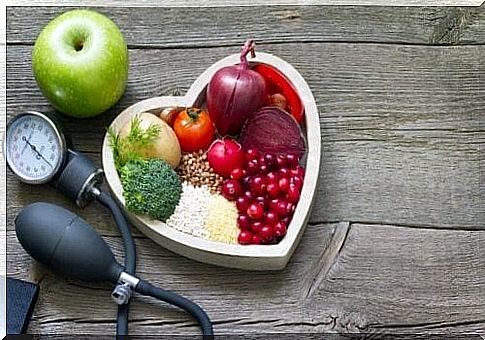
Below we give you some tips to put together a diet that can help you regulate your cholesterol:
Eat lots of fruits and vegetables
Five servings of fruits and vegetables are the best way to provide you with dietary fiber and antioxidants.
Increase your fish consumption
Fish is rich in omega-3 fatty acids, which lower cholesterol. It is good to eat oily fish twice a week.
Reduce the amount of red meat
Because of the cholesterol content and the amount of saturated fat, you should not eat red meat too often. You can replace it with white meat, such as chicken or turkey. You could also opt for white fish or a vegetarian option.
Include nuts in your diet
Nuts contain polyunsaturated fatty acids that can help reduce hypercholesterolemia. Keep in mind that nuts are very high in calories and should therefore always be eaten in moderation.
Eat whole grains and legumes
These foods help prevent cholesterol absorption, thanks to their fiber content. Use products made from whole grains on a daily basis. In addition, regular eating of legumes and oats is recommended.
Minimize your sugar consumption
A large intake of simple sugars can raise your cholesterol, so it’s important to limit their intake. This therefore concerns sugar in coffee and tea and in fruit juices and soft drinks. In addition, it is important to limit the intake of pastries and sweets.
Avoid fried foods
When eaten in excess, they can be very harmful if you want to control your cholesterol levels. This is especially true for foods that are fried in frying fat that contains a lot of saturated fats.
Use olive oil
Although it is a fat, it is polyunsaturated, which is recommended in place of saturated fats. You can also use canola and sunflower oils.
Have a moderate consumption of eggs
The advice is still to eat no more than 2 to 3 eggs per week. You could eat more protein without the yolk because the cholesterol is in the yolk.
Finally, it is also very important that you supplement a healthy diet with sufficient physical activity. Also keep in mind that if you have hypercholesterolemia, you may need to take medication. If this is the case, you should take the medication as prescribed by your doctor.

